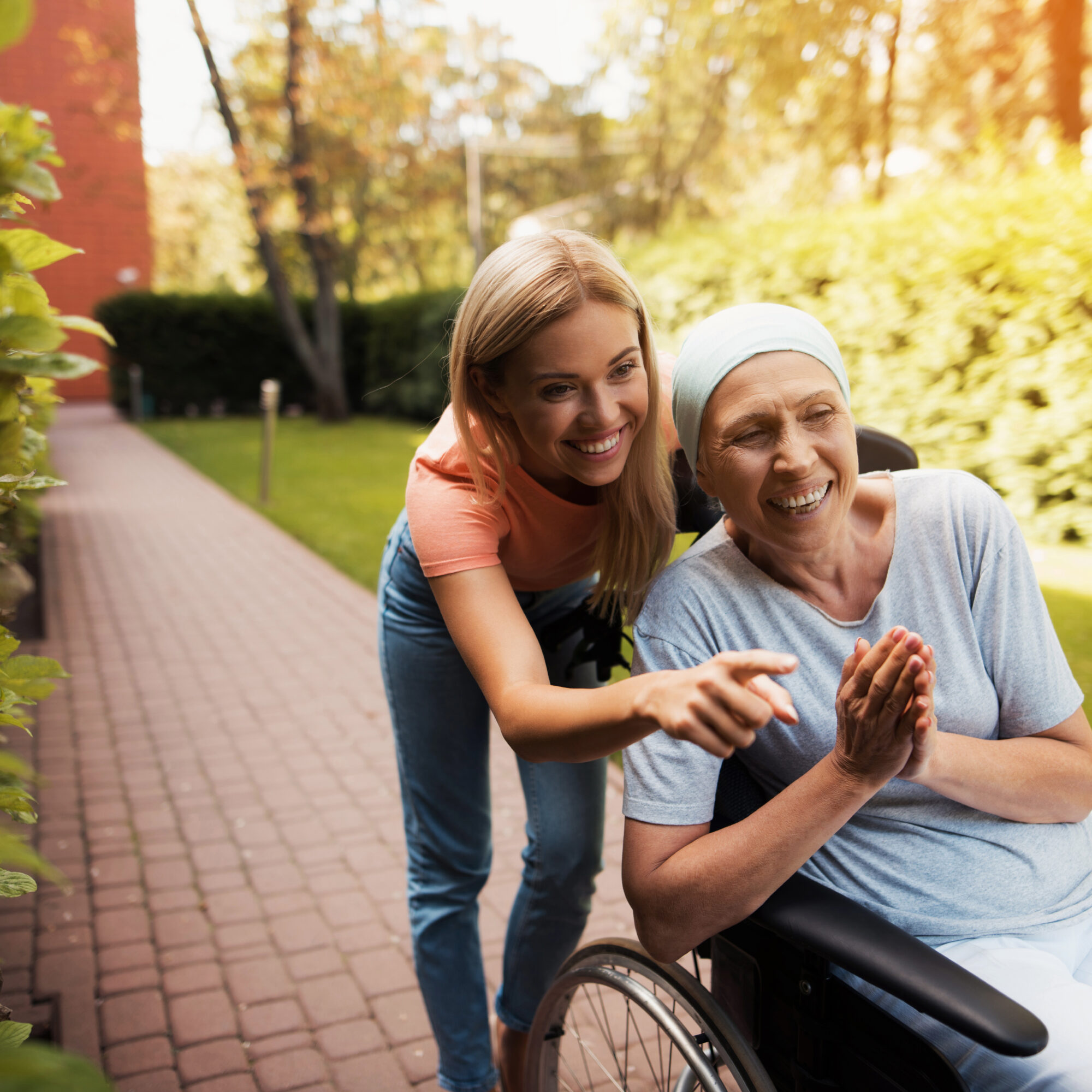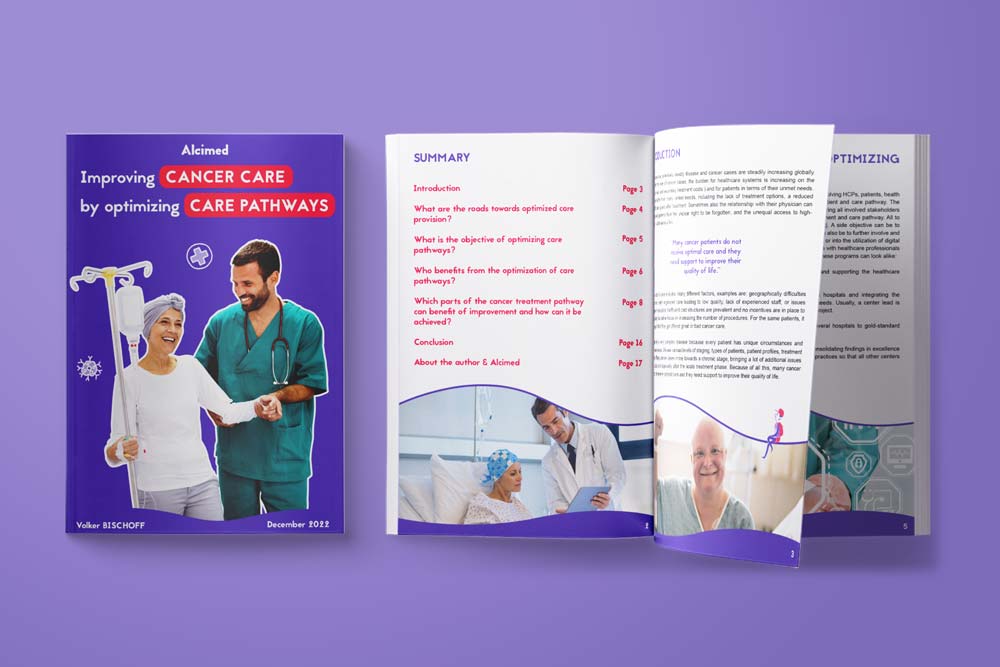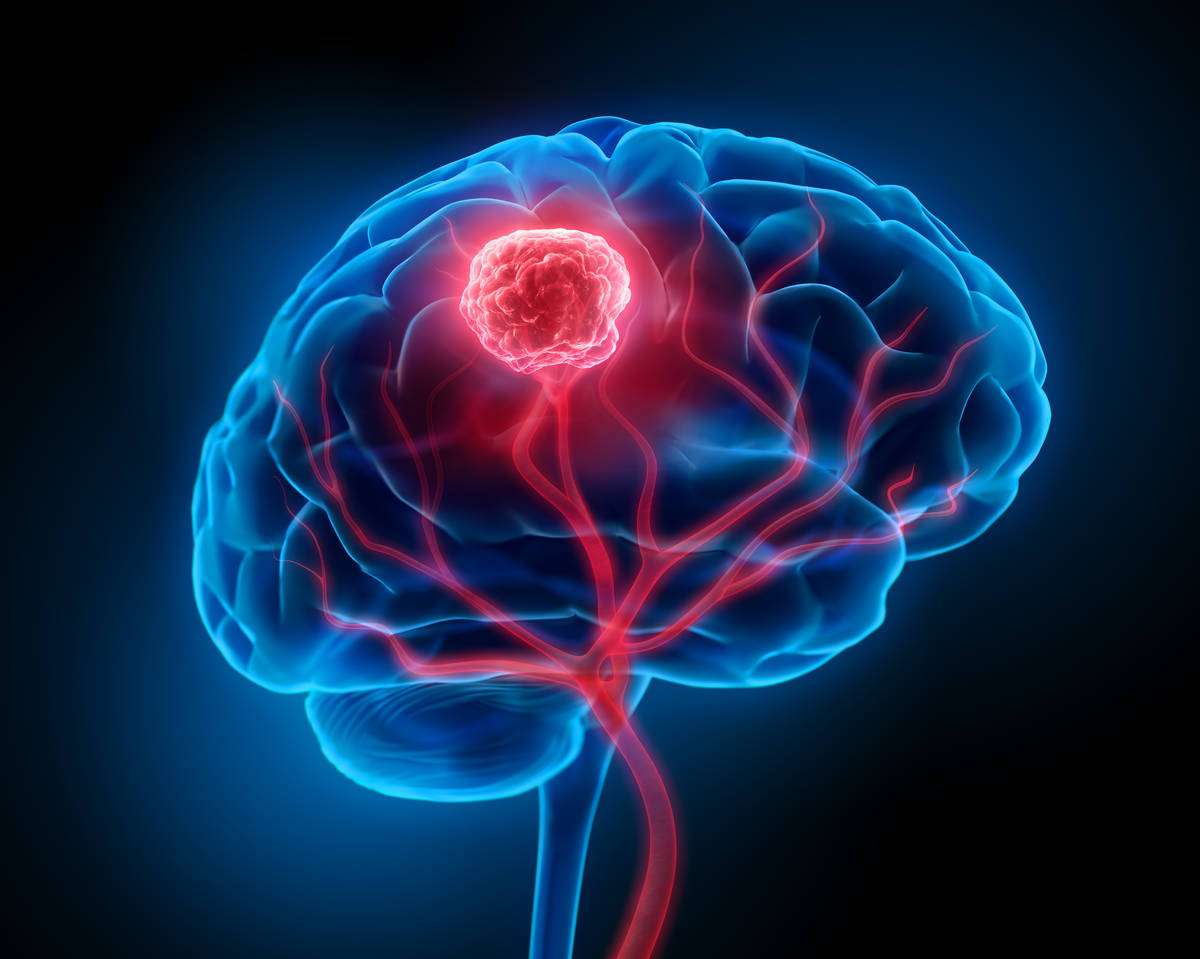Alternative cancer treatment n°1: psychological and psychosocial support to maintain emotional well-being
Psychological and psychosocial support is a vital service provided to patients, addressing their emotional well-being and helping them navigate the challenges they face. This support is particularly crucial as patients often bear the heavy burden of a life-threatening illness, social distress, anxiety related to their work environment, and uncertainties about their future. To help patients cope with these psychological challenges, various support services could be offered.
- Individual Psychotherapy: One-on-one psychotherapy sessions play a crucial role in providing personalized psychological support. After diagnosis, patients are typically assessed using questionnaires or distress “thermometers” to determine their specific needs.
- Group Therapy: Group therapy sessions can also be instrumental in supporting patients. By engaging in group discussions and sharing experiences, patients can find solace and learn coping strategies to deal with various anxieties.
- Self-Help Groups: Regular self-help groups bring together patients with similar experiences, allowing them to support one another and share valuable insights on coping with their anxieties. This format is especially beneficial for individuals with chronic cancers who may live with constant fear for an extended period.
- Workshops: Organized workshops during and after treatment can enhance patients’ understanding of relevant topics such as nutrition, physical activity, social life, and strategies for the future. These workshops empower patients to take an active role in their well-being.
- Caregiver Education: Caregivers also require support during this challenging period. Caregiver education sessions provide tools and resources to help them navigate their roles and support their loved ones effectively.
- Additional Supportive Activities: Cancer centers and hospitals often organize sessions to inform and engage patients on various topics, providing a reprieve from their illness. Examples include dancing workshops or cancer cafes, where women can learn how to use wigs and enhance their confidence through makeup techniques.
Learn more about how our team can support you to improve your patient pathways >
Alternative cancer treatment n°2: yoga to reduce anxiety and depression
Numerous studies and systematic reviews have explored the impact of yoga on the quality of life (QoL) for cancer patients. While further investigation is needed to understand specific efficacies for different domains (e.g., specific cancers, physical and social aspects), the existing results indicate the potential benefits of yoga in improving quality of life. Studies have demonstrated improvements in psychological outcomes, such as reduced anxiety and depression, which significantly contribute to overall quality of life. Randomized controlled trials (RCTs) suggest that yoga can also positively affect stress biomarkers, inflammation, and immune function, offering a comprehensive coping strategy for cancer patients. Furthermore, yoga has shown promise in reducing fatigue and alleviating stress-induced sleep disturbances during and after treatment. Although the heterogeneity of studies and interventions poses challenges in synthesizing the evidence, it generally supports the recommendation of integrating yoga into the everyday lives of cancer patients to improve psychological and potentially physical outcomes.
Alternative cancer treatment n°3: meditation to alleviate pain and cancer symptoms
Meditation, closely related to yoga, has gained interest in the field of oncology research. Cancer patients often turn to meditation for its calming effects, and it has shown positive impacts on stress, anxiety, pain, and fatigue. Mindful meditation, in particular, is an area of exciting research where ancient traditions intersect with modern neuroscience. Many studies examining the effects of meditation on cancer have focused on mindfulness-based stress reduction (MBSR). Some studies indicate that MBSR can alleviate symptoms, including pain, side effects, and sickness, while improving the quality of life for people with cancer. Patients often experience improved focus, concentration, and reduced levels of anxiety and depression. However, the existing studies are limited in sample size and design, mostly conducted in the United States and Denmark, which may affect their external validity. Further research is needed to address culture-specific requirements, and larger prospective studies are necessary to investigate the appropriateness and effectiveness of such interventions more comprehensively.
The Stanford Cancer Center serves as an inspiring illustration of the extensive range of services available to cancer patients. Their Cancer Supportive Care Program aims to enhance the physical and emotional well-being of both patients and caregivers. What is your perspective on this program and your opinion on the importance of psychological and psychosocial support in cancer care pathway? Alcimed will continue to monitor advancements in this field and is ready to support you on these topics! Don’t hesitate to contact our team.
About the author,
Volker, Great Explorer Oncology in Alcimed’s Healthcare team



